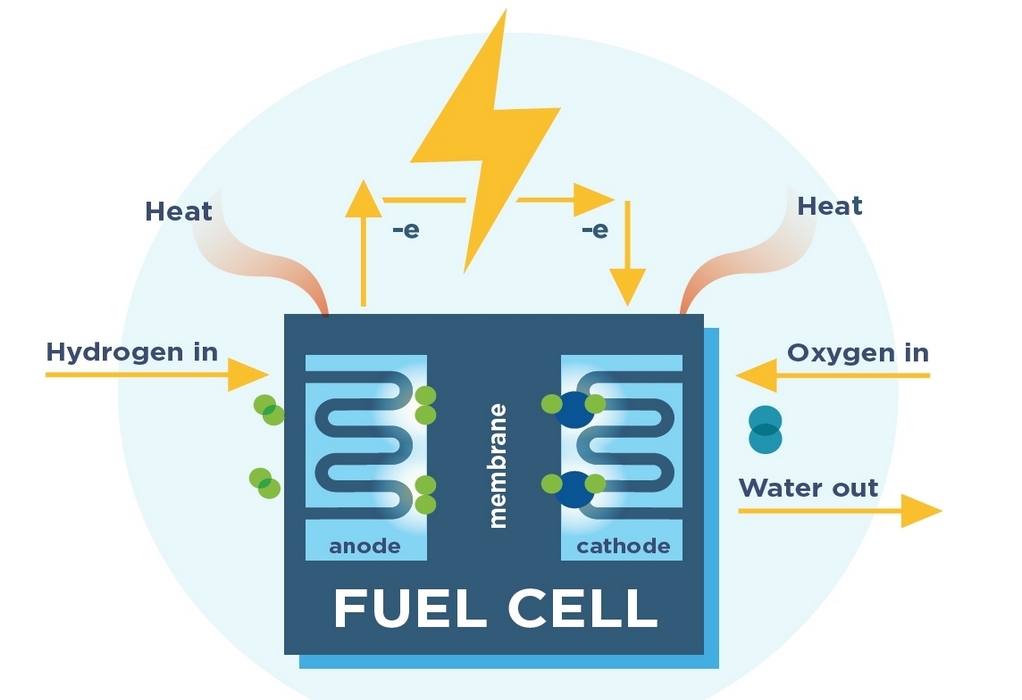A leading fuel cell company in China, is set to put 16 hydrogen-powered auto carriers into operation, providing logistics services for enterprises in the country. This fleet will provide integrated vehicle transportation services for Chinese logistics companies, creating the world’s first large-scale demonstration of commercially viable hydrogen-powered auto carriers.
The trucks are fully developed, produced and manufactured by GMW-FTXT, incorporating proprietary fuel cell systems, hydrogen storage tanks, and other components. With a range up to 400 km on a single hydrogen refueling, each truck can carry 8-10 passenger vehicles. Compared to conventional diesel trucks, GMW-FTXT’s hydrogen-powered car carriers offer superior power, lower noise, higher fuel efficiency, and meet the special demands from logistics customers for high load capacity, operational efficiency and safety.
GMW-FTXT has already deployed various hydrogen fuel cell vehicles in China, including heavy-duty trucks, transit buses, and wing van vehicles. By the end of 2023, the company plans to introduce more hydrogen-powered specialty vehicles, such as refrigerated trucks and sanitation vehicles. With the largest portfolio of fuel cell vehicle models and applications, GMW-FTXT is poised to be the leading enterprise in China’s surging hydrogen economy.
The Chinese government aims to have 1 million fuel cell vehicles on the roads by 2030. With strong policy support and rapid technology advancement, the future looks bright for hydrogen energy and vehicles like GMW-FTXT’s innovative auto carrier fleet.
Tags: Fuel Cell, Fuel efficiency, GMW-FTXT, Hydrogen Power



Recent Posts
ClassNK Advocates Speed Gap Monitoring to Optimize Fuel Efficiency in Heavy Weather
Wärtsilä’s retrofit package for the Corsica Linea ferry Pascal Paoli has resulted in fuel savings of up to 22 percent Corsica Linea
COSCO Shipping Names Second Methanol Dual-Fuel Containership in Yangzhou
Sallaum Lines Takes Delivery of LNG-Powered Car Carrier Ahead of Schedule
UK Government Allocates £30 Million to Advance Clean Maritime Technologies and Support Coastal Communities
Final Indigenous Pollution Control Vessel ‘Samudra Prachet’ Launched by Goa Shipyard for Indian Coast Guard
TSUNEISHI Launches World’s First Methanol Dual-Fuel KAMSARMAX Bulk Carrier in the Philippines
Grimaldi Group Launches Ammonia-Ready Car Carrier Grande Shanghai in China